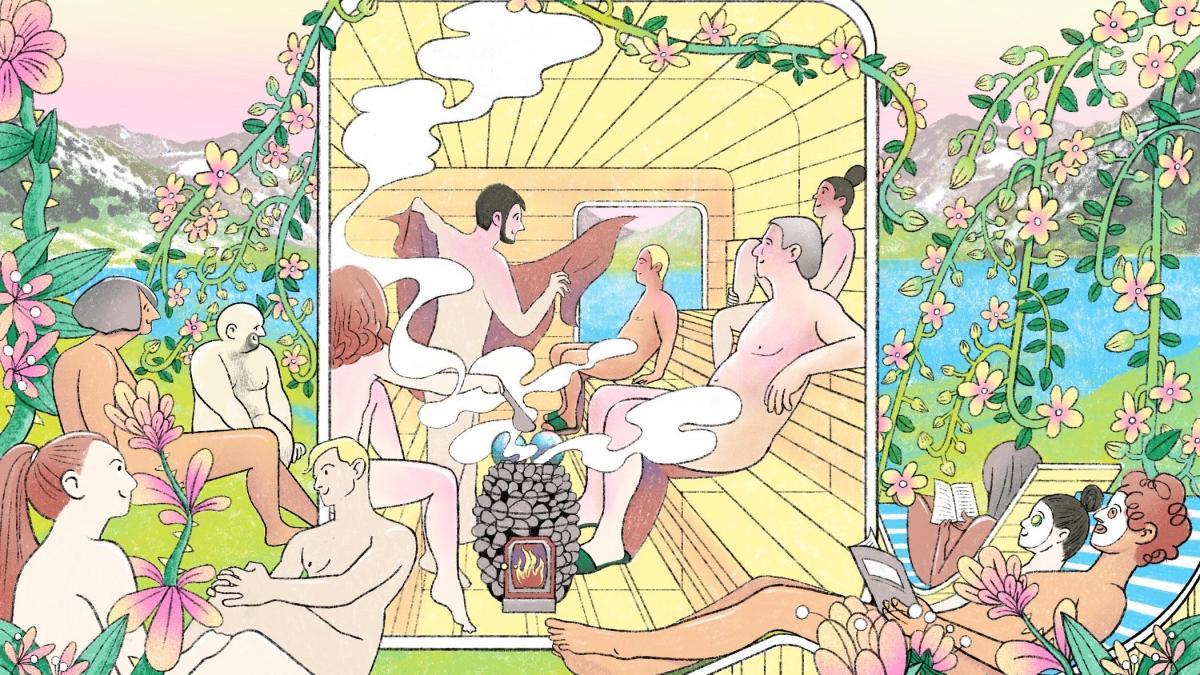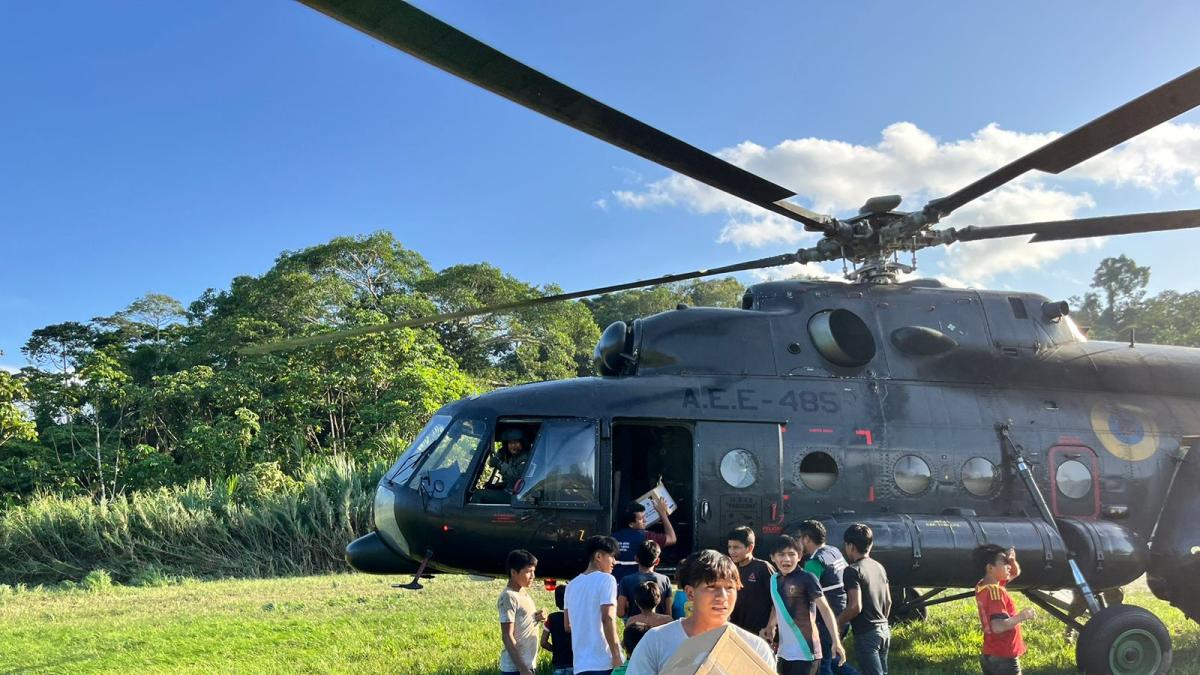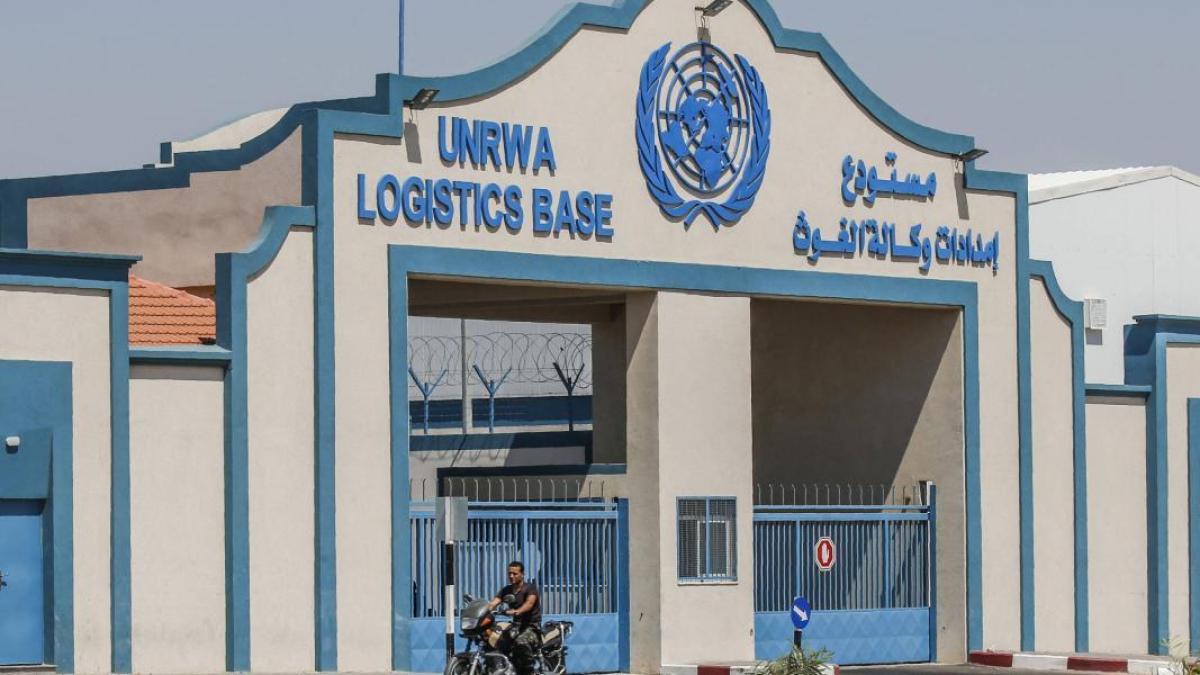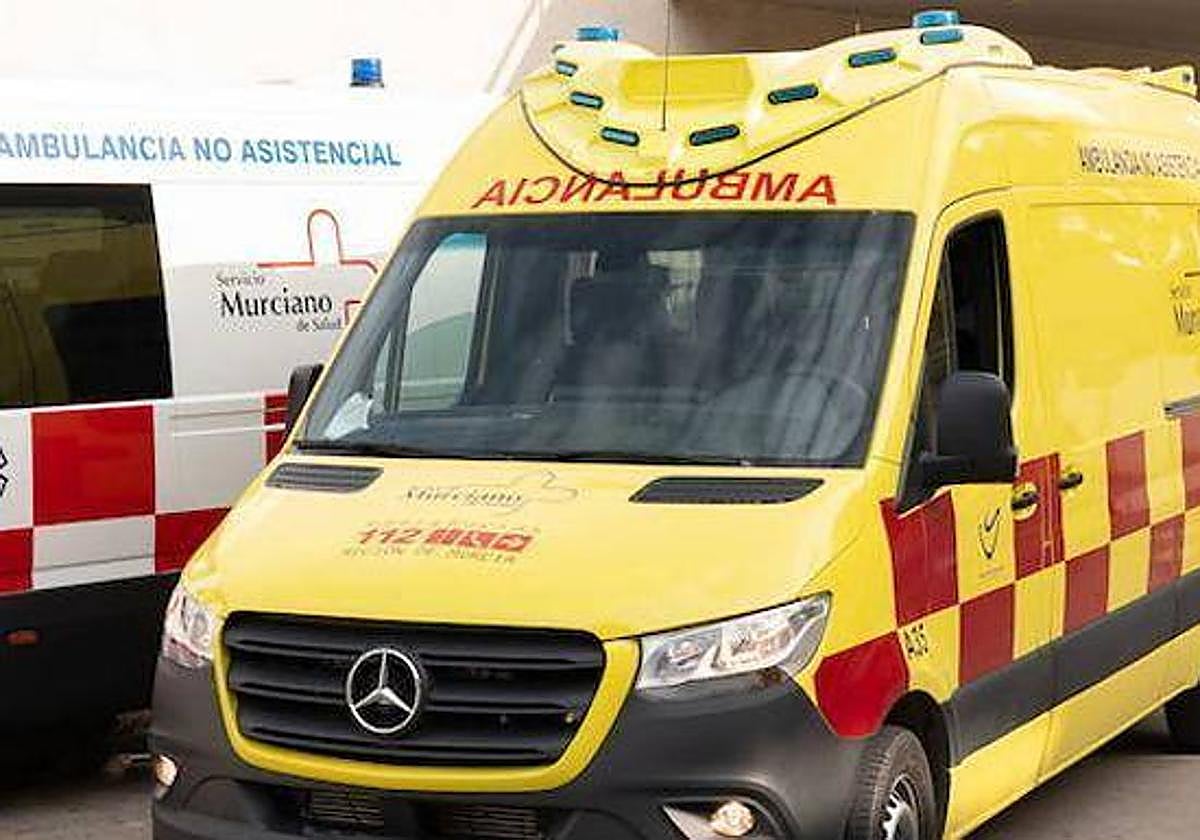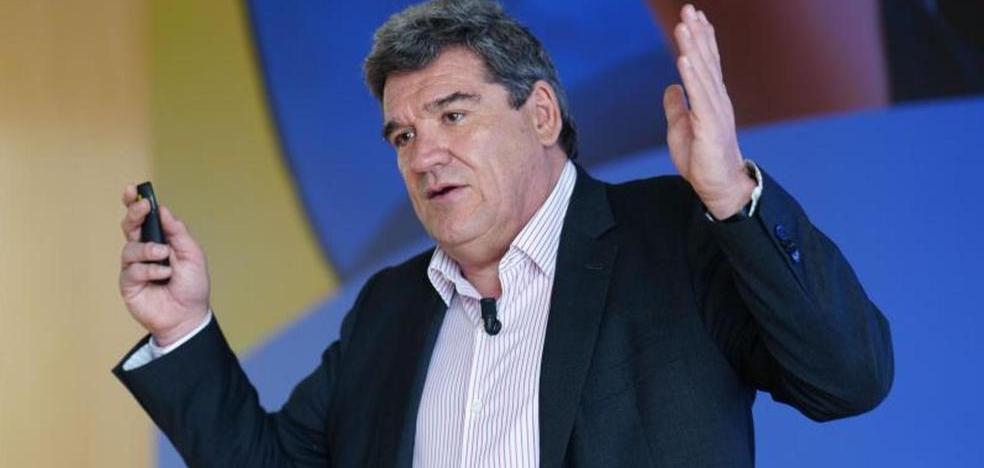When Espoo is left behind and more forest and field can be seen from the car windows, drive another 40 minutes to Porintie to Karkkila.
The city of just over 8,700 inhabitants is located on the northern edge of the new western Uusimaa welfare area. One candidate from the city passed through Sunday’s regional election. 47 people escaped from Espoo.
Karkkila was not completely jumbo, as Siuntio, which has more than 6,000 inhabitants on the coast, did not get through any of the candidates. Even one of Karkkila’s delegates is the second lowest in Western Uusimaa after Siuntio, although the differences in relative numbers are small.
Absolute however, looking at the figures, one can be horrified by Karkkila: the city’s health and social services are now largely in the hands of Espoo residents and other Westerners. The situation in Karkkila is a good symbol of the wider phenomenon of elections, where power escaped from small fringes to large central cities.
Read more: Large cities raged almost all the power in Uusimaa, and that can have unpredictable consequences
And services are needed. According to a report published by HS in January, Karkkila is in Uusimaa the most sick municipality. In Karkkila in particular, there are more mental health problems than the average in Finland. The number of accidents and musculoskeletal disorders also exceeds the national average.
In most municipalities in Western Uusimaa, the opposite is true: the population is healthier than the average elsewhere in Finland.
The people of Karkkila get help for their problems from the top of the hill near the center. There is a low-rise brick building, the Karkkila health center, with a rake in the regional elections and the city’s only successful candidate. Heli Ahjoniemi.
Ahjoniemi of the Left Alliance is a nurse by profession, and she has promised to be photographed in the yard of the health center during her busy working day.
Ahjoniemi is tired but satisfied.
“I managed to sleep for three hours,” he says as the icy rain drips down his neck from the gray sky.
Katariina Hartikainen and Heli Ahjoniemi work at the Karkkila health center and were both nominated by the Left Alliance. Ahjoniemi went through as the only representative of Karkkila.
Ahjoniemi says he followed the election night at the Karkkila People’s House. It is an organization house built in the 1950s, located in the city center, along Helsingintie.
In the courtyard of the community center can be found Anu and Jari Frosterus, the only residents and caretakers of the house. They are native candy people and seem to know the people of the city. Musician Andy McCoyn ex-spouse, candied Angela Nicoletti-Hulkko rides his car in the yard exchanging news with Anu Frosterus.
The Frosterus are happy and even a little surprised that the city got a commissioner. According to Frosterus, it is paramount that the regional council has its own representation in the city.
“There is a particular concern that the health status will be maintained here,” says Anu Frosterus.
“On the other hand, I am an optimist, and at least at this point, I hope that the regional commissioners will push for the status of all regions.”
Frosterus say they were the first to vote on the spot when the advance vote opened a couple of weeks ago. In this case, they do not represent the average Karkkila resident: the city’s turnout was the lowest in Western Uusimaa, at 43.1 per cent.
In Kauniainen, for example, the turnout was 65.5 percent. The city got two delegates through.
Frosterus suspects that the low turnout was affected by the fact that people did not know what the regional election was about. For this reason, discussions on regional elections with other people in Karkka have also been limited.
“I’ve never been in the yard like that before. We have been involved in politics and we understand things, but in this election it has been difficult to assess what the election result really means, “says Anu Frosterus.
Jari and Anu Frosterus live in the traditional Folk House in the center of Karkkila.
Karkkilan In the yard of the K-supermarket, you have to step carefully on the Monday after the election, as the ground is slippery. To Reino Alcula the weather is even more challenging as he moves with crutches.
Alkula is coming to the store directly from the health center. He is also happy with the election result.
“I was afraid no one would go through Karkkila,” Alkula says.
Alkula says she is satisfied with her treatment at the health center. Leaving the city would be a horror.
“That’s what I’m just afraid of. If you always had to go all the way to Lohja, it would be impossible. ”
Reino Alkula was on his way to the store from the health station.
About Karkkila is about 50 kilometers to both Lohja and Espoo hospitals. Your own health center has an on-call duty.
“You have to work to maintain your health,” says the raking Heli Ahjoniemi on the phone after her working day.
Ahjoniemi will leave for the new regional council as the only representative of his city and in a situation where the central city of Espoo dominates the council with a majority.
“Without a doubt, it feels challenging. Of course, there is already legislation that obliges people to be treated equally on the basis of residence. ”
Money can hardly be used in any other area, Ahjoniemi also points out.
“Defending anyone’s services will hardly become easy. Of course, we have a more difficult situation here on the periphery, and the socio-economic situation in Karkkila is also challenging.
Karkkila is a traditional working-class city with a relatively low level of education and income. It is also considered to be one of the major causes of more common health problems in the rest of Uusimaa.
Heli Ahjoniemi won 613 votes in the regional election and was Karkkila’s superior rake.
Oven decided to run in the regional elections because he has first-hand experience of health problems through his work.
“I’ve been in the industry for a long time and have seen all sorts of administrative distractions.”
Ahjoniemi hopes that people’s various problems and ailments will be able to be treated more as a whole in the future. That is one of the aims of the SOTE reform. The regional councils, which will start operating at the beginning of March, should also be able to organize basic services so that care is available more quickly everywhere.
It will not be an easy task, Ahjoniemi says.
“But you have to try to solve things.”
.
#Regional #elections #worried #Uusimaas #sickest #municipality #received #smallest #representation #fate #health #center #scares

